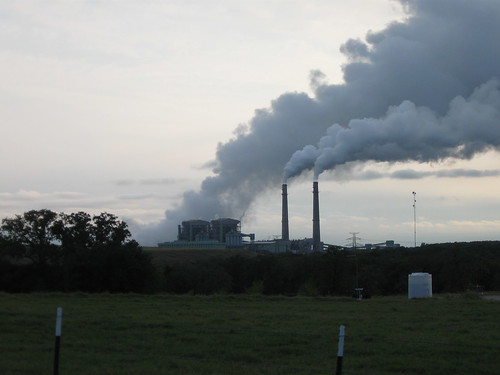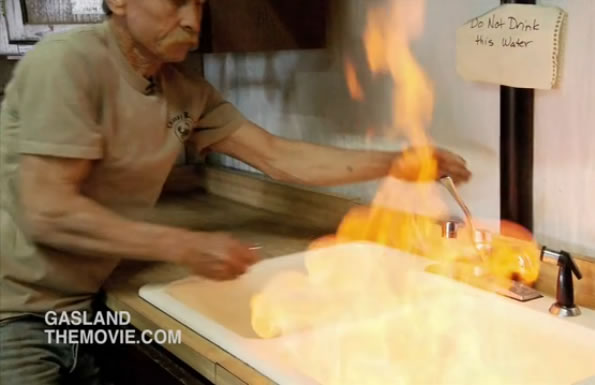
Photo Courtesy of Donna Hoffman at the Lone Star Chapter of the Sierra Club. Thanks Donna!
Dozens of businesses and nonprofit organizations as well as more than 200 citizens have formed Clean Energy for Austin, a coalition whose purpose is to push Austin City Council to adopt a clean energy plan. Specifically, the coalition supports the passage of Austin Energy’s Resource and Climate Protection Plan and recommendations of a city task force created to examine the plan. Coalition members support the plan because of its emphasis on renewable energy and efficiency, green jobs creation and careful consideration of Austin’s low-income residents.
To date, more than 70 businesses, 18 non-profit organizations and more than 200 individuals have signed on in support of the energy plan through www.cleanenergyforaustin.org.
The energy plan is a road map for how Austin Energy, the city-owned electric utility, will meet the city’s energy needs over the next 10 years. It includes a substantial investment in energy efficiency and a variety of renewable energy resources like wind and solar, as well as new more efficient natural gas plants. In addition to diversifying its generation portfolio, Austin Energy wants to create a self-sustaining market for renewable technologies like solar rooftops and parking lots by 2020.
“A good business practice is to keep your options open when selecting suppliers,” said Steve Taylor of Applied Materials, a semiconductor manufacturer employing more than a thousand Austinites. “This plan allows for a diversity of different energy options, so it protects businesses – and residents – from long-term price spikes for any single power source because other energy supply options will be available and abundant. This plan also enhances Austin’s efforts to create green businesses and green jobs for years to come.”
The plan is the culmination of a nearly two-year public process of gathering input from multiple stakeholder groups, including businesses, environmental organizations, and groups serving low-income communities. Four representatives from the mayor’s Generation and Resource Planning Task Force, which analyzed more than a dozen scenarios of where Austin could get its power by 2020, are members of the coalition: Phillip Schmandt, chairman of Electric Utility Commission, Cary Ferchill, chair of Solar Austin, as well as non-profit members Public Citizen and Sierra Club.
“The great thing about the plan is its flexibility,” said Matthew Johnson, clean energy advocate with Public Citizen. “If costs for any resource type rise or fall dramatically over the next 10 years, Austin Energy would have the ability to change the plan, and do so with the help of community stakeholders. That’s the beauty of a diverse portfolio of resources. If Austin were locked into building a new coal or nuclear plant, our fate would be sealed.”
Energy efficiency, generally recognized as the cheapest energy resource, would be the main component of the plan. Austin Energy would take a more proactive and coordinated approach to reach low-income households with free weatherization to help lower their electric bills.
“Low-income communities need the most help with paying utility bills,” said Sunshine Mathon, design and development director of Foundation Communities, an Austin-based nonprofit affordable housing organization. “Austin has a long track record of having the lowest bills in Texas because of its commitment to conservation programs that help people lower their bills. My hope is that with the passage of this plan, those programs will not only expand but coordinate with other programs like bill assistance, neighborhood housing and community development.”
Coalition representatives also said that the plan reduces financial risk associated with overreliance on fossil fuels. The plan would enable Austin Energy to ramp down the Fayette coal plant more often, protecting the utility from pending carbon regulation.
“Whether or not you support greenhouse gas regulation, reducing the amount of carbon emissions that Austin is responsible for makes economic sense,” Johnson said. “That’s in addition to the improvements in air quality Austin and the surrounding region would experience. It’s a win-win.”
Austin’s City Council could vote on the plan in March, according to Austin Mayor Lee Leffingwell. He has scheduled a Feb. 22 town hall meeting on Austin Energy’s Resource and Climate Protection Plan. Coalition members urge the public to visit www.cleanenergyforaustin.org and sign on as well as attend the town hall meeting to show their support.
###
By promoting cleaner energy, cleaner government, and cleaner air for all Texans, we hope to provide for a healthy place to live and prosper. We are Public Citizen Texas.
Read Full Post »











